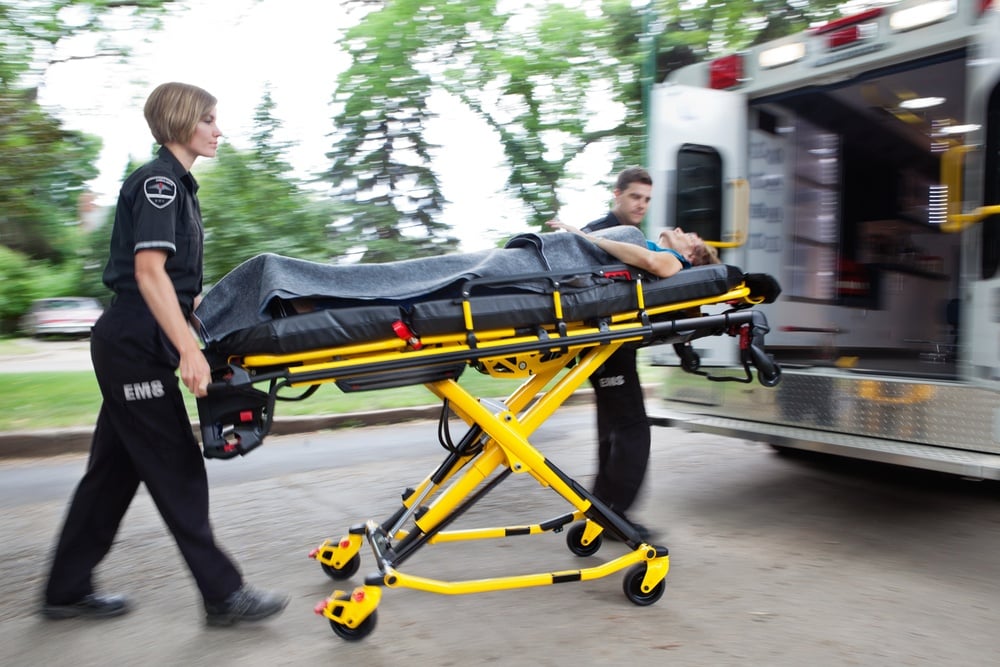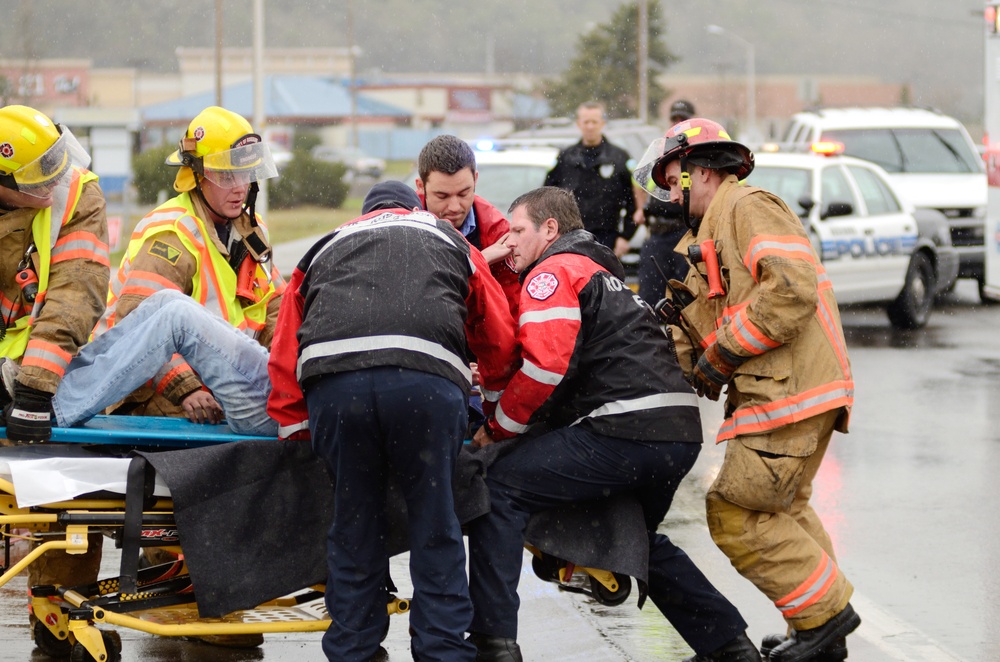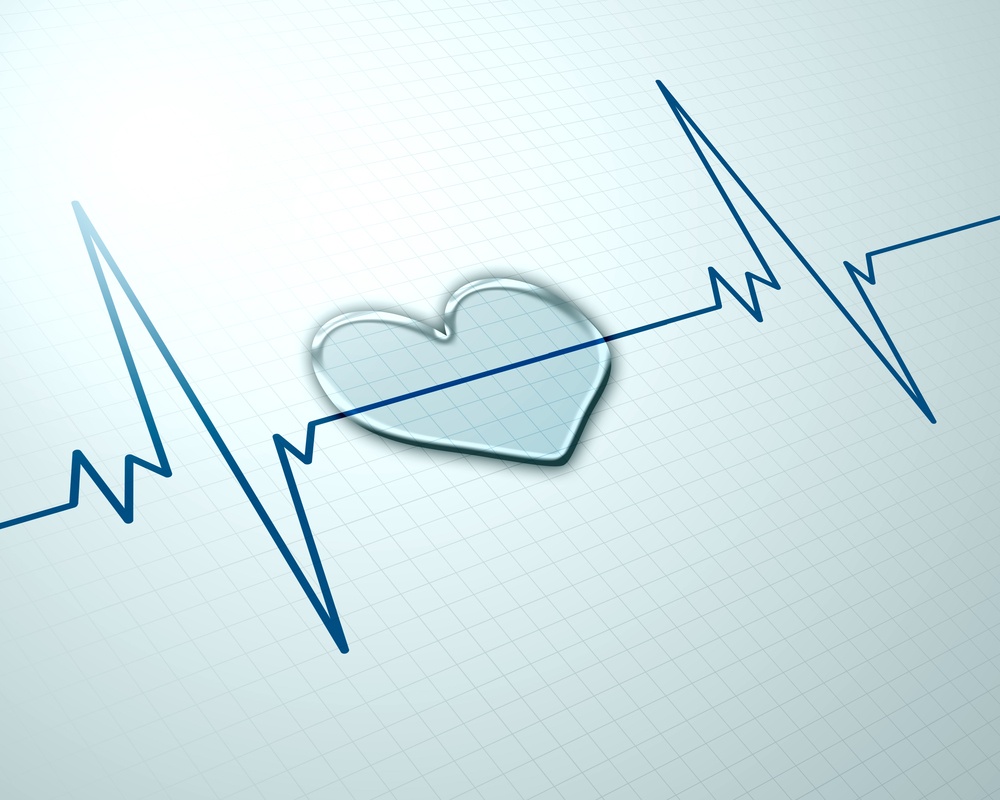The EMS profession is ever evolving. As technology provides new innovations in medical care and patient transport, service providers have begun adopting these changes. The 2016 EMS Trend Report identifies many current trends in emergency medical care, from the adoption of new practices to the continuation of tried and true formulas, as well as the cessation of old outdated ideas. The roles of administration and field emergency medical providers within the organization are changing as well, reflecting the changing needs of the public and our overall economic health.
4 Comfort Considerations for Geriatric Patients During EMS Transport
As you are no doubt already aware, geriatric patients are making up an increasing portion of your EMS call. This is due to both age-related illness and an aging Baby Boomer population. A retrospective study of EMS transports to EDs in the state of NC in 2007 showed that patients aged 65 and older accounted for over 38% of all patient transports to the emergency department and is projected to increase to nearly 50% by 2030. It makes sense, then, that EMS providers understand the specialized needs for geriatric comfort.
Topics: EMS
Emergency responders are tasked with protecting the health and safety of the public. From the stabilization of the spine after a car accident, to providing supplemental oxygen after a house fire, to treating a slip and fall injury of the elderly, our first responders understand that health matters.
Topics: EMS
As the Chief or Assistant Chief of your particular Fire Station, you know the problems of maintaining a full complement of fire protection personnel. No matter whether they are employed or volunteer, keeping your fire fighting and EMS personnel competent, capable and ready to serve is likely a continuing challenge.
Topics: EMS
Moving Patients - Protect the Patient and EMS Personnel
The moving and transport of trauma patients is never easy, especially if they're seriously injured, comatose or bariatric. It should go without saying that EMS and rescue personnel need to extricate and transport the injured patients without creating additional injury. An issue of great concern has been that of aggravating spinal injuries.
Topics: MegaMover®, EMS
Addressing EMS Safety and Wellness: What a Station Chief Needs to Know
Emergency Medical Services (EMS) staff are invested in the safe care and transport of patients. You need your teams to function effectively and knowledgeably, so you ensure they receive the education and hands-on training they need. But the bottom line is that your EMS professionals need to be healthy themselves – physically and emotionally – to operate with maximum efficiency.
Topics: EMS
Solutions for Patient Safety and Transport in Tight Spaces
The transport of patients through tight places is always difficult. Patients need to be kept safe and EMS personnel need to avoid excessive body strain that may cause injury. This is exacerbated with large or bariatric patients, something that's becoming more common. According to the Institute for Health Metrics and Evaluation, "Nearly three-quarters of American men and more than 60% of women are obese or overweight." That creates a real issue when having to extract the person from a tight space.
Topics: EMS
EMT and Paramedic Burn Out - Keeping Your Personnel Mentally Fit
When emergency responders experience burnout, it's no joke. An Australia survey found 36% of their paramedics suffered from depression. And depression can lead to suicide. One Chicago fire department experienced seven suicides in an 18 month period. Mental health issues have become such a serious problem that a survey of 4,000 first responders revealed that 6.6% had attempted suicide, a number over 10 times higher than the general population.
Topics: EMS
Common Health Issues Affecting EMS and Fire Service Personnel
Fire suppression events generally occur in hazardous and stressful environments which often include flames, smoke, and falling debris. Rescue situations are often high-stress and rarely occur in ideal conditions. Emergency medical first responders are often subject to health issues and injuries on the job.
Topics: MegaMover®, EMS
Research has shown that EMS workers experience increased stress that develops either as a result of one particular incident that left a major impact on them or the overall accumulation of many years of stressful moments. There is no doubt that the stress has a strong emotional impact on personnel, whether they are experienced or not.
Topics: EMS










